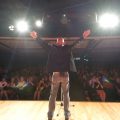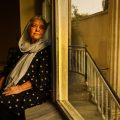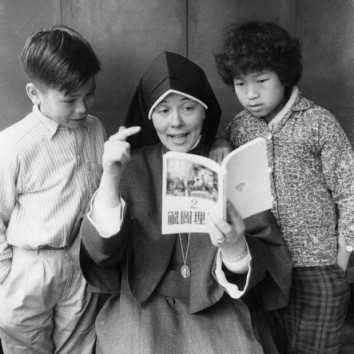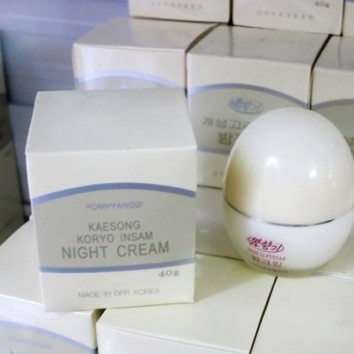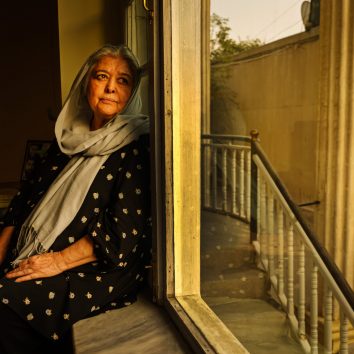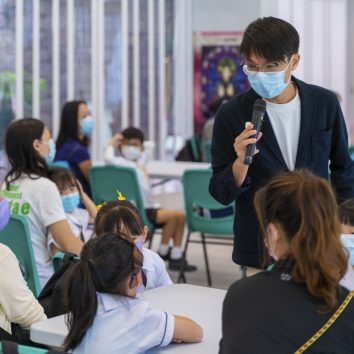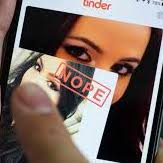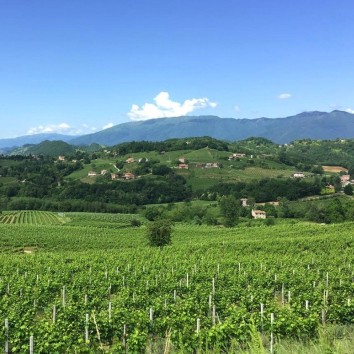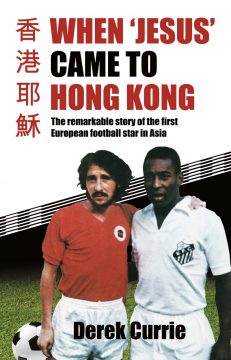
Hong Kong football legend Derek ‘Jesus’ Currie on playing Pelé five times and being a sports star in the ’70s
— June 11, 2023Derek Currie, one of the first Europeans to play professional football in Hong Kong, came to the city in 1970 and quickly became a local celebrity
I was born in Glasgow, Scotland, on February 8, 1949. I suppose I was fated to come to the Far East because 1949 was the year Mao Zedong declared the creation of the People’s Republic of China, February is usually Chinese New Year and eight is a lucky number. So, I think it was in the stars I would come [to Hong Kong].
My dad worked in the shipyards and was a very good footballer. He had opportunities to play with teams, but it was during the war years and he had to work to feed the family. My mother worked for Marks & Spencer for many years.
Thank you, Dick
I was the youngest of three brothers. Dick was 15 years older than me and John was 10 years older. When I was seven, Dick turned professional as a boxer and gave my mum and dad £50, which was a lot of money, and said, “Go and get a washing machine or things you want or have a holiday.”
My dad said, “We’ll have a bloody good holiday.” We took the train to London and then got a boat to Dieppe (in France) and caught a train to Barcelona and took the coastal road to Sitges, in Spain.
Every day was sunshine guaranteed. We loved it so much we went five years running.
In those days you didn’t have a lot. For New Year, the party would be at someone in the family’s house, the kids would be in one room with some chocolates and the adults would drink and have a singsong by the fire.
Foot in the door
Dick won the Commonwealth gold medal for boxing in Vancouver in 1954 and ended up becoming the chief boxing reporter for the Daily Record. That opened doors for me.
All the top footballers at the time knew Dick and as an eight, nine, 10-year-old, I was introduced to the leading players of that era. Much to the jealousy of my school pals.
My middle brother, John, played for Glasgow Rangers, he was on the books, and worked in a printers as a compositor (typesetter). But if you wanted to succeed in football you had to be full time.
I began playing football as soon as I could walk. At school I was better than the kids my age and I would play with kids two years older.
Wasted years
I left school at 14, which was the end of secondary school in those days. My dad said I needed a trade in case I had an injury, so I had five wasted years as a compositor.
I remember standing outside the house at 7am, it was black, cold and raining, and thinking, “When I get older, I’m getting out of here.”
I was always small but I was fast, and I could score goals. But in the early years people thought I was too lightly built; they were looking for the big, strong players.
Playing God
I played for some of the best amateur teams in Glasgow. In 1967, I went semi-professional and signed with Motherwell, but it was part time, and you had to be full time to make it in the professional game.
When I finished my apprenticeship with Motherwell in 1970, I saw an ad in the newspaper, professional football club in Hong Kong looking for players. I went along with a friend to a trial game. I played for 10 minutes, scored a goal and was substituted. I was asked to stay behind, and they said, “We’d like to take you to Hong Kong.”
I said I wanted to think about it; I thought my future was in Scotland. And then they said within two months I could be playing Pelé in Hong Kong. Pelé was a god. I signed, just like that.
All I knew of Hong Kong was watching movies with my mum, Love is a Many-Splendored Thing and The World of Suzie Wong.
Sweet Jesus
I signed with Hong Kong Rangers in August 1970 and landed at Kai Tak in September. The first game I played was at the old Boundary Street stadium, which held 12,000. It was a full house and there were thousands watching from the houses and the hillside. We won 4:1 and I scored two goals.
In November, we played a team from Sweden, I was the only European on the team. There were 28,000 fans in the Hong Kong Stadium. When I went over to the left wing, I got a huge cheer and gave them a wave.
The Hong Kong fans had accepted me as one of their own; it made me feel I was part of the city. I was proud as punch. We were getting beat 2:1 and I scored a goal, 2:2. The fans were going crazy, it was a minute to go and I got the ball and was running in. I passed the ball to my teammate and he put it in the net, but I got the credit for it.
When the game finished, there were a couple of hundred fans outside the stadium and they picked me up and carried me from the stadium to the Lee Gardens Hotel. My feet didn’t touch the ground.
The next day the headline in the paper was “Jesus saves Hong Kong”. That became my nickname.
I didn’t have my mum nagging me to get a haircut and my hair was a bit long. In December (1970) I played Pelé, which was magnificent. I went to Vietnam for six days and played while the war was on. Within six months of being in Hong Kong, I’d played against Pelé, been called Jesus and I was in the war in Vietnam.
Making Dad proud
The Hong Kong people took to me; I loved them and gave everything back I could on the football field. I’d walk down the street, and everyone knew me, and we’d chat. I’d talk to anyone. Everyone knew everyone in those days.
After two years, I got a transfer to Seiko (Sports Association) and I was with them until 1980.
I got married in 1974 to a good-looking girl, but we were too young, not compatible. After work on a Saturday she’d want to go shopping and I wanted to go to Happy Valley. We had a son, Philip – he’s in Dubai now and is a good musician. The marriage lasted about 18 months.
In 1976, as I was going through a fragile marriage, I got an offer to go to San Antonio in Texas for six months. It was there I played Pelé for the fifth time and we won 1:0. We were coming out of the Alamo Stadium and they were playing “The Yellow Rose of Texas”, and ahead of me were Pelé and the captain of England, Bobby Moore. I looked up and thought, “Dad, I hope you’re watching” – because my dad had died in 1974.
I went back to Hong Kong and joined Seiko again. I remarried in 1979 to Stella, a Cathay Pacific hostess, and we have a daughter, Claudia.
Horse play
The 1970s was a great time to be in Hong Kong. You couldn’t make up some of the stories.
After training in Happy Valley, I’d catch a movie, get lunch at the American Restaurant and maybe get a shirt made for HK$14. You never knew who you were going to meet, you never knew what the next day would bring.
I got pally with the showbiz writer of The Star newspaper and sometimes I’d tag along with him to press conferences. One time I met The Carpenters.
My first cap from the national team was in 1979, when I played in the Guangzhou Cup. And then the British Army team came over and we played a game. I was one of two Europeans selected to play for Hong Kong in the Asian Cup qualifiers in 1979.
Two years before I retired, in 1982, I had joined Carlsberg part time as a PR manager; they were just launching the product in Hong Kong. In the 1980s, I owned two horses – the beauty of it was you could take all your friends, it was a great day out in the paddock.
I started the Carlsberg Cup, a Chinese New Year tournament, and ran it for 16 years. I also worked at [former Hong Kong terrestrial broadcaster] ATV covering world championships.
Dreams come true
In the late 90s, I got a place in the Algarve, in Portugal, and was thinking I might retire there. Once the euro came in, it was costing me money, so I sold it and got a place in Pattaya, next to the Pullman Hotel.
I’ve had it for years and never let it out; sometimes my daughter goes there with her kids. In 2004, I bought a place in Bangkok. But because it’s on crown land, it was on a 30-year lease and there’s just a few years left to run on that. I think I’ll move to Pattaya.
I was away from Hong Kong due to Covid and spent that time writing my memoir, When Jesus Came to Hong Kong (2023). Claudia has two kids. They came out to Thailand recently and we had a great time. And Philip is in Dubai and has three children.
I got to Hong Kong last December, just in time to renew my ID card. Now that the pandemic is behind us, I’ll be back three or four times a year; it’s my adopted home. Walking through Causeway Bay, my old stomping ground, I feel at home. I’ve been a member of the Football Club since 1972.
It’s been a great journey. All my dreams have come true here – except for winning the Mark Six.
Original Link: Post Magazine

